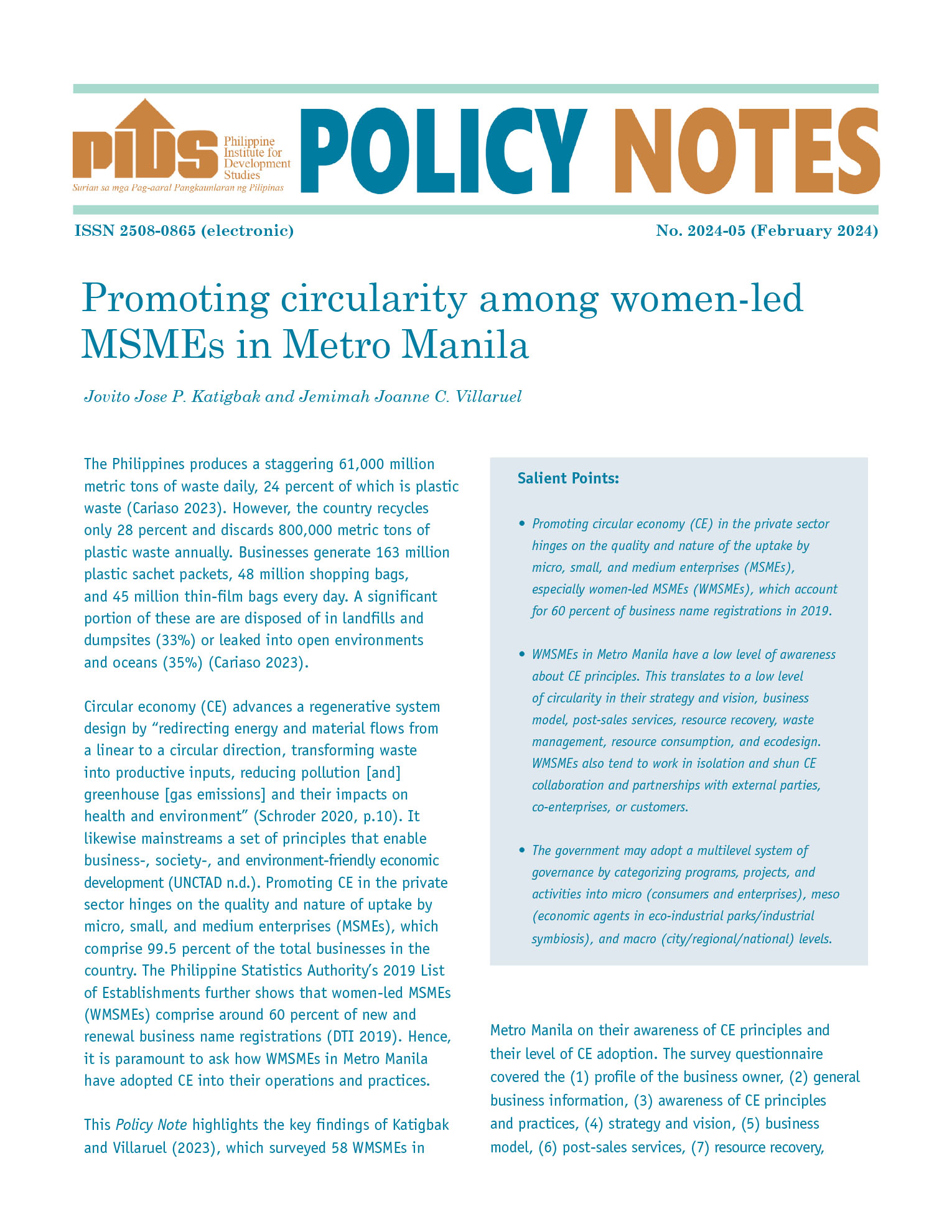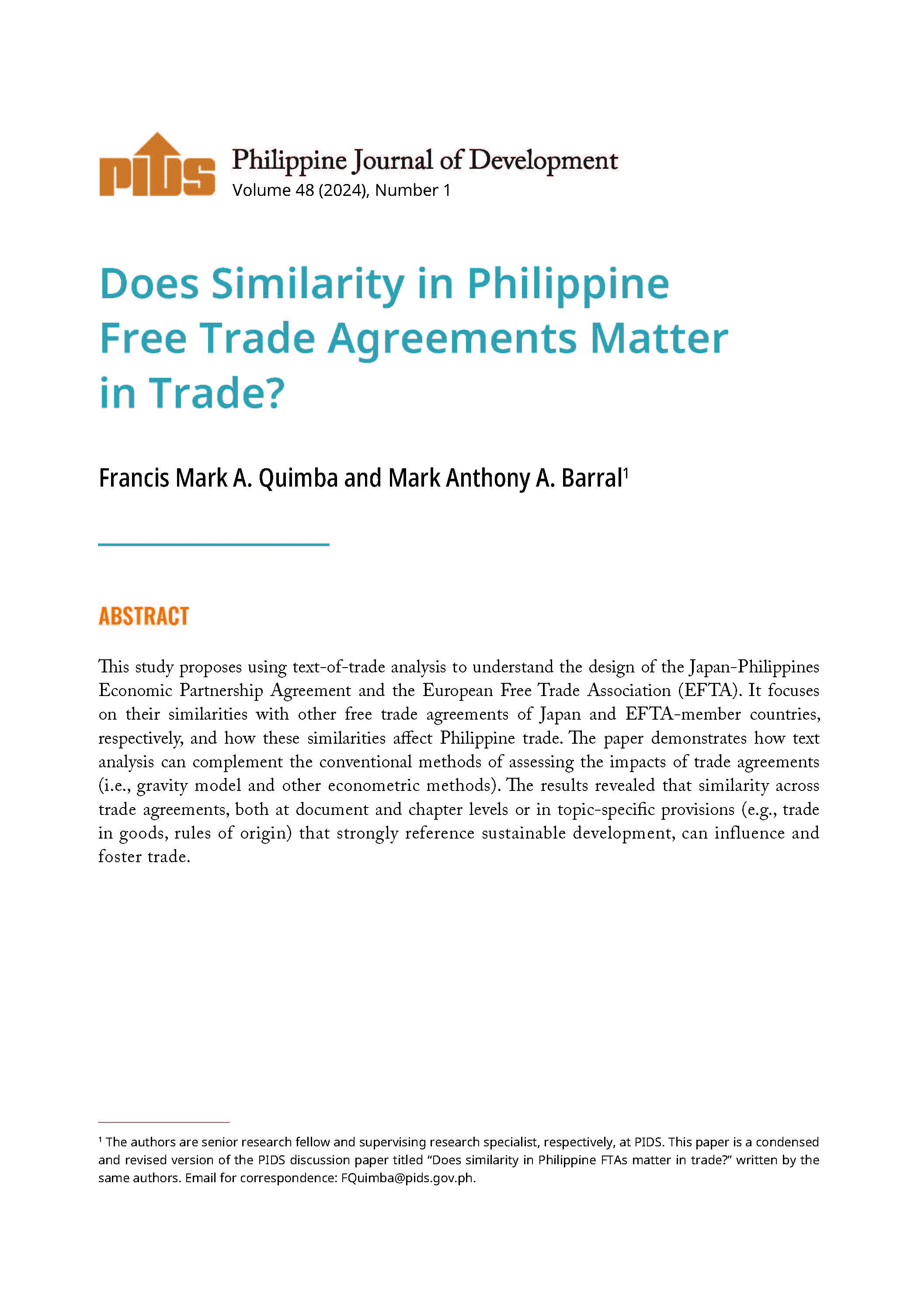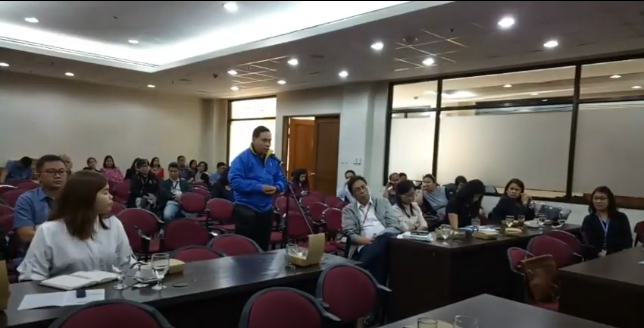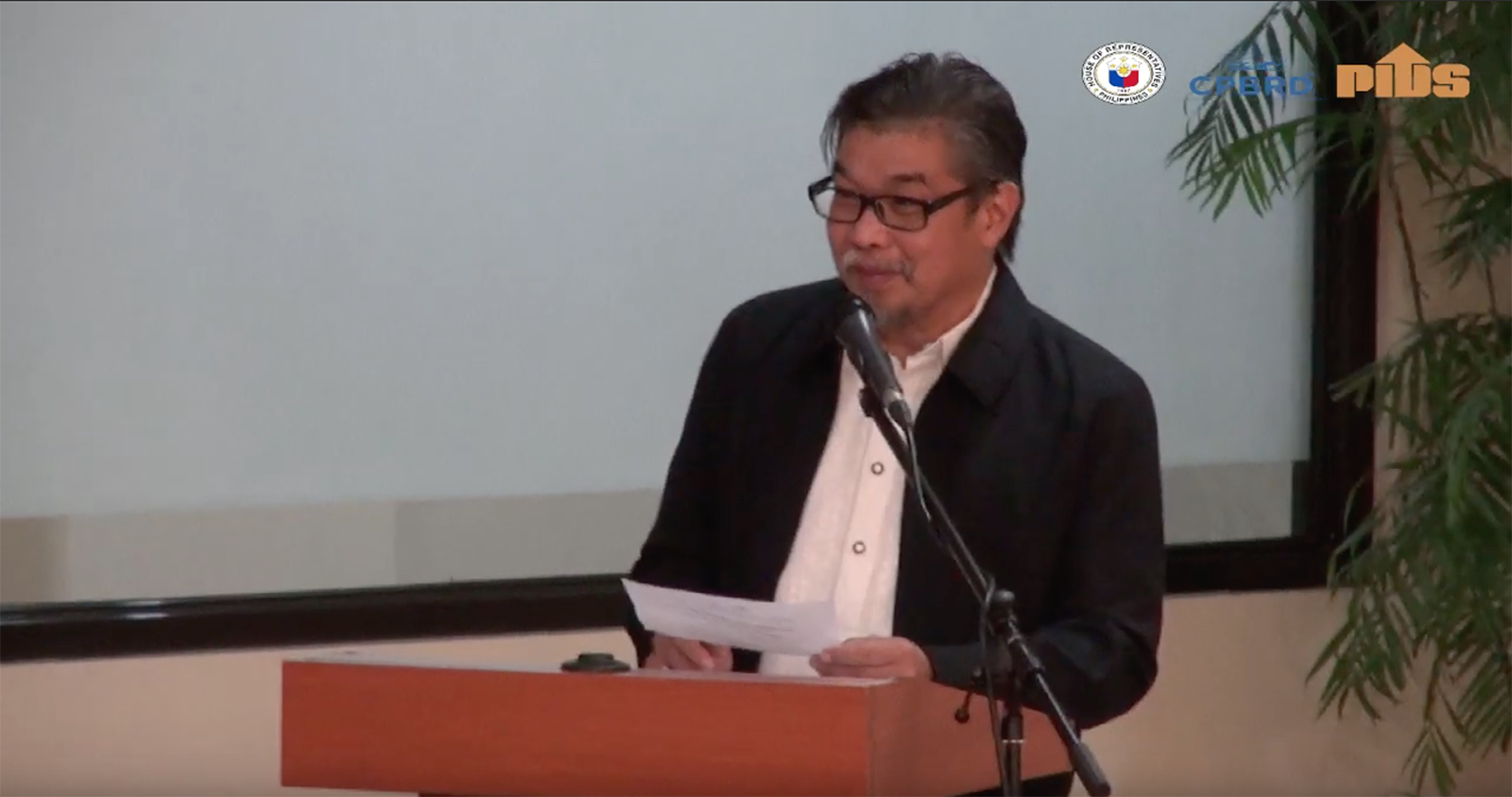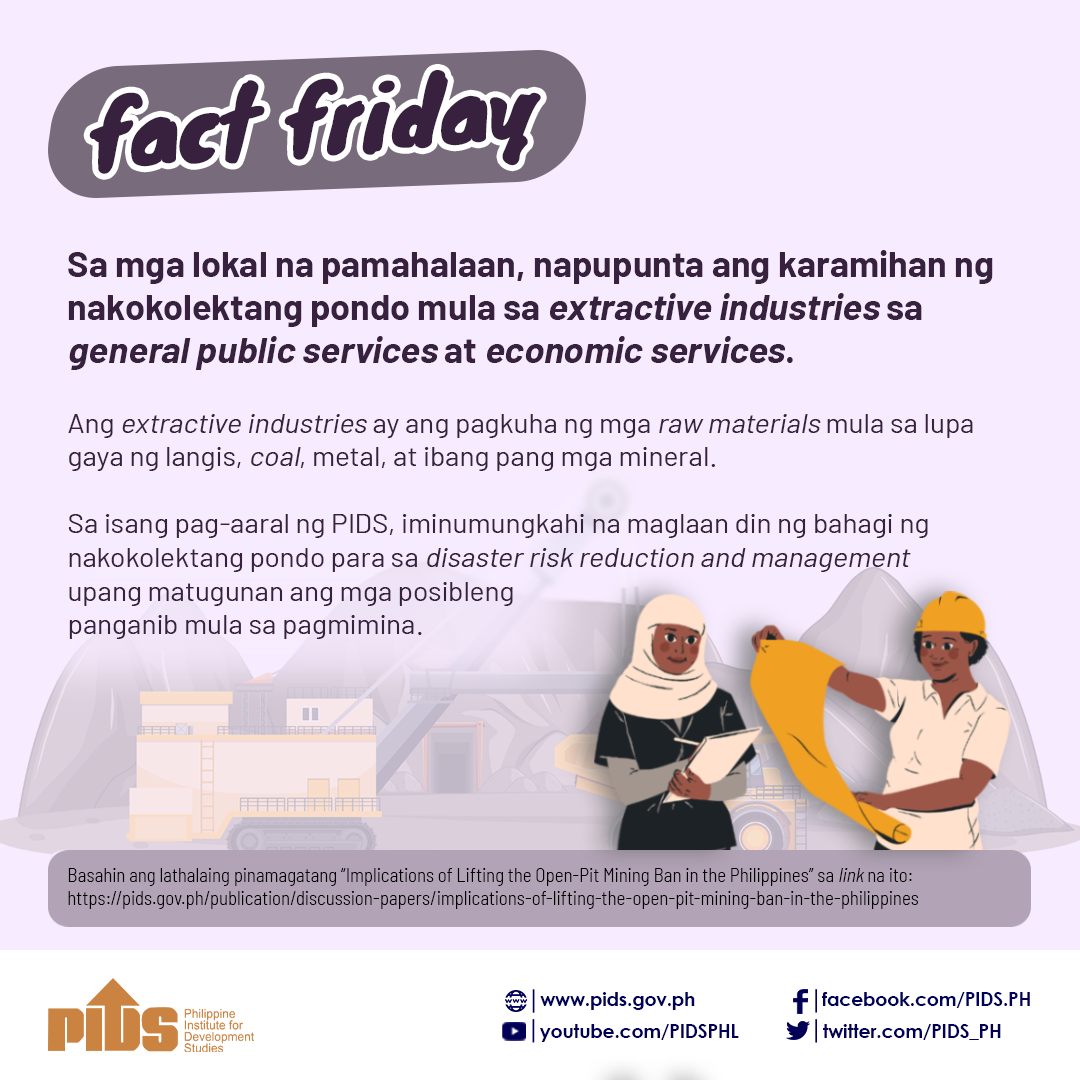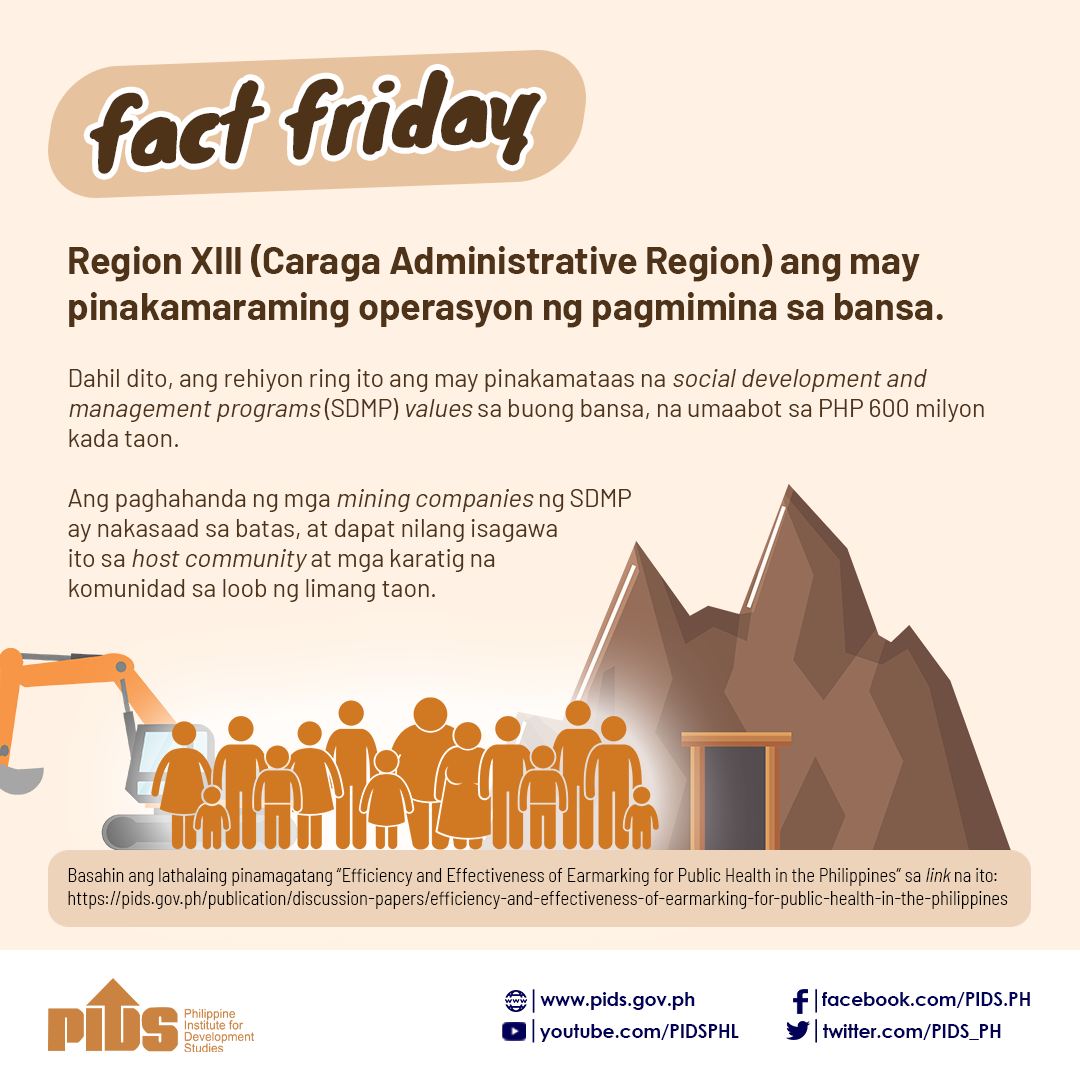The “unimpeded” rice importation order of President Rodrigo Duterte did not only prompt an altercation between Finance Secretary Carlos Dominguez III and Agriculture Secretary Emmanuel Piñol but also fueled concerns that it could negatively impact local farmers and the country’s domestic output.
Such order, a couple of non-government organizations (NGOs) agreed, will only benefit companies like San Miguel Corp. (SMC) and AgriNurture, Inc. (ANI), which have openly expressed their interest to import rice.
In a statement, the National Movement for Food Sovereignty (NMFS) and the Integrated Rural Development Foundation (IRDF) raised concern over Duterte’s sudden proclamation on allowing free importation of rice despite the fact that the bill allowing the tariffication of rice is still pending in the Senate.
During a Cabinet meeting on Monday, Duterte ordered to put an end to restrictions on rice imports supposedly as a measure to ease the soaring inflation, which recently surged to its fastest level in nearly a decade.
NMFS and IRDF said in a joint statement that Duterte’s recent directive spells doom for more than three million rice farmers, while it supports the plan of big companies such as SMC and rice cartels to conduct “mega rice import transactions.”
The groups have claimed that rice farmers are already suffering from higher production costs due to Tax Reform for Acceleration and Inclusion (TRAIN) law and the rising fuel cost.
In 2017, a data from the Philippine Statistics Authority (PSA) showed that net returns from palay farming stand only at only P25,193 and P21,743 during the dry and wet season respectively or a total of P46,936.00 annually.
This could be further lowered once the country liberalized rice importation through the passage of Agriculture Tariffication Act.
Based on the projection of Philippine Institute for Development Studies (PIDS), the impact of rice tariffication could reduce a farmer’s annual rice income to P33,325.00.
“The proposed scheme for cash transfer/decoupled payment to farmers in the event of tariffication of P9,500 per hectare will not even compensate for this loss,” the joint statement reads.
Right now, since most farmers are highly indebted and are dependent on traders and financiers for their production capital, further reduction in their incomes would result to increased indebtedness that could lead to mortgaging, selling, and conversion of farmlands.
“Most of our farmers are ageing and lack the skills and education that could enable them to shift easily from farming to other occupation. The President’s call for free importation thus spells death to the livelihoods of already impoverished small-scale rice farmers,” NMFS and IRDF further said.
On the longer term, it is also feared that rice tariffication may induce reduction in domestic rice output that could trigger further rice price increases, especially when supply tightens.
“Our country could not rely on the international market for our food security, since international rice trade accounts for only 5 percent-6 percent of global rice production.
Moreover, international rice prices have been increasing steadily in recent years suggesting that factors such as speculation that led to the unprecedented food price increases in 2008 to 2009 still persist,” NMFS and IRDF further said.
Food and Agriculture Organization rice price update shows that international rice prices from 2017 (January to September) to 2018 (January to September) jumped from $366 per metric ton (MT) to $417 per MT for Vietnam’s five percent broken rice, suggesting a 13.7 percent increase.
The statement of NMFS and IRDF are in line with the stand of Piñol, who thinks the country can’t rely on importation to supply the growing demand for rice.
For his part, Dominguez said that rice tariffication and reforms in food policy are needed to address the repeated rice supply problems.
The rice tariffication bill, once passed into law, is expected to liberalize the importation of rice in the country by imposing a corresponding tariff rate of 35 percent.

